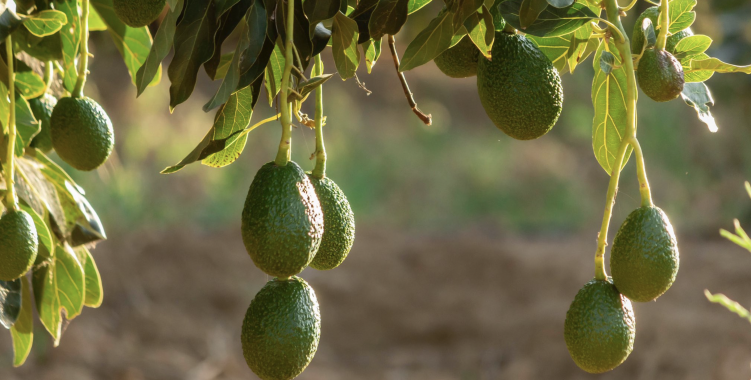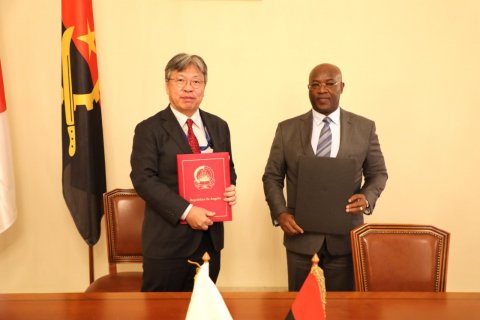Luís Assis, head of the company Agreement, is one of the producers who expressed doubts about certification during a visit by European ambassadors accredited in Angola to two provinces crossed by the Lobito Corridor (Huambo and Bié), on Wednesday.
The farmer, who farms 400 hectares in Bié dedicated to corn and beans, plans to expand production with another 150 hectares of avocado, with a view to export.
"One of the main concerns is precisely the issue of certification. In the near future we intend to export, the EU has its requirements and we came to ask how the EU can support us in certifying products", the farmer, who has a contract with the agro-industrial group Carrinho, told Lusa during a meeting with the European delegation.
In response, the European ambassador, Rosário Bento Pais, stressed that "Angolan fruit, whether avocado or other, has no problems entering Europe", referring to the certification already recognised in the case of avocados to be exported to the Netherlands.
The European official pointed to the development of the Cáala platforms, which the European Union will also co-finance, indicating that avocado production is one of the priorities.
"At the moment it will only be avocado as a fruit, but in the future we want to have the complete value chain", she stated.
The Cáala logistics centre, located in the municipality of Huambo, is one of the main infrastructures associated with the flow of agricultural production in the central region of Angola.
The export of avocados from the Huambo region will be one of the first concrete experiences within the scope of the Lobito Corridor, a strategic infrastructure for the insertion of Angola in international trade routes, linking the Port of Lobito on the Atlantic coast to the Democratic Republic of Congo.
The Cáala platform should facilitate the reception, treatment, conservation and transport of products such as avocados destined for the foreign market, particularly the European one, and its operationalisation is considered strategic for the consolidation of the Lobito Corridor as an agro-industrial hub.
According to Rosário Bento Pais, the situation is different in the case of processed products — such as jams, sausages, preserves or drinks — which require health and quality certification.
"We have equipped a laboratory in Luanda with all the equipment and machinery needed for them to be certified. We hope that everything will be ready by the end of this year", she said.
The laboratory, designed to assess both agro-industrial products and meat (except fish, which has a specific laboratory), is only waiting for the conclusion of technical and logistical aspects so that it can receive international certification. "We are working with the Government, in particular with the Ministry of Agriculture, so that the process is completed by the end of this year", she added.
According to the diplomat, no specific export requests have yet been formalized by Angolan companies in the agro-industrial sector.
"As long as there is export capacity, Angola can export. Right now, there is no capacity, because the domestic and regional markets can still absorb what is being produced," she explained.







